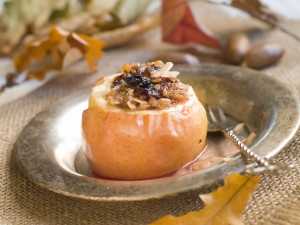Mashed Rutabaga
 4 servings
4 servings
 8 ingredients
8 ingredients
Potatoes often get all the attention, but rutabaga is just as delicious when mashed. The sage- and garlic-steeped milk adds another level of flavor that makes this dish both savory and satisfying.















Reviews & Comments
No reviews yet.
Leave a Review or Comment